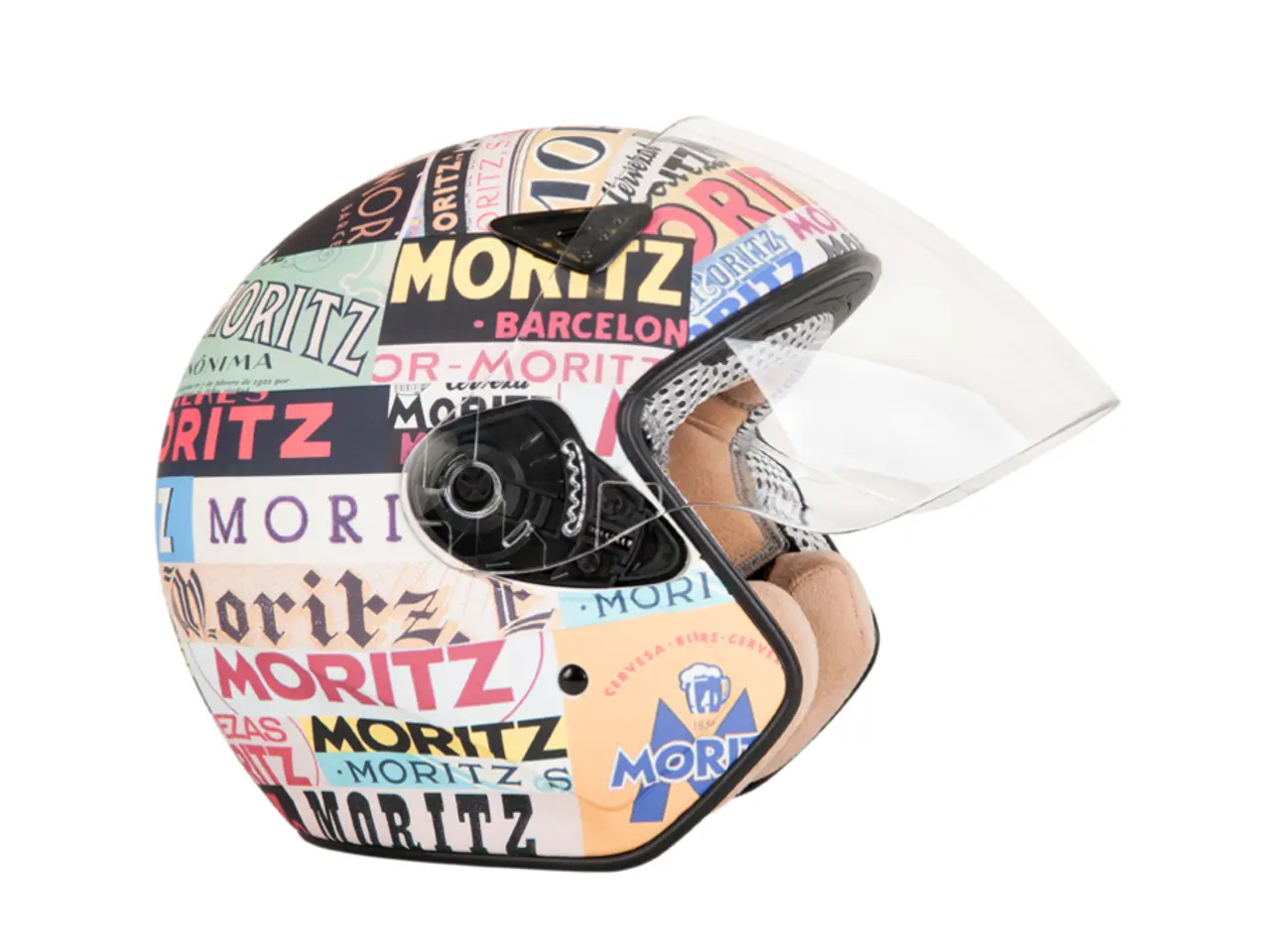Aiding Concussion Recovery: Steer Clear of Harmful Influences for Swift Healing
Concussions, mild traumatic brain injuries, are a common occurrence in the United States, with between 1.6 and 3.8 million cases reported each year. These injuries are typically caused by falls, sports injuries, car accidents, or any trauma that shakes the brain inside the skull.
Symptoms and Recovery
The symptoms of a concussion can appear immediately or within days and vary widely. Common symptoms include headaches, dizziness or balance problems, nausea, confusion or trouble concentrating, memory problems, sensitivity to light or noise, mood changes such as anxiety, irritability, or sadness, sleep disturbances, and more.
Recovery time for a concussion can range from days to months. Symptoms typically improve within 1-2 weeks but can persist for months or longer in a condition called Post-Concussion Syndrome (PCS).
Treatment Approach
The treatment approach for concussions focuses on rest, gradual return to activity, symptom management, and targeted therapy. Initial care mainly involves physical and cognitive rest, avoiding activities requiring concentration or physical exertion during the first 24-48 hours, then gradually increasing activity as symptoms allow.
Symptom-specific therapies may include vestibular therapy for dizziness and balance issues, speech therapy for cognitive delays and communication difficulties, physical or neuromuscular therapy for neck pain and weakness, vision therapy for visual disturbances, and behavioral therapy for mood and anxiety problems.
Medications to relieve symptoms might include over-the-counter pain relievers, antidepressants, or other prescriptions if needed. Follow-up with healthcare providers is important to monitor recovery; persistent or worsening symptoms may need evaluation by specialists such as neurologists or neuropsychologists.
Prevention and Safety
Children and teens should stop sports immediately after a concussion and only return when cleared by a concussion specialist. Returning to sports or other activities too soon after a concussion can worsen symptoms and keep you off the court or field longer.
Excessive physical activity should be avoided as it may worsen symptoms and drag out the recovery. Driving too soon after a concussive injury is not recommended as your reaction time may be slowed down, increasing the risk of accidents and further injury.
Diagnosis and Tests
Doctors use an array of tests to evaluate, monitor, and diagnose a concussion, including checking balance, reaction time, neurocognitive tests, eye movement and function testing, cervical spine exam, and a thorough neurological exam.
Important Considerations
It's crucial to avoid overstimulating the brain after a head injury. This means avoiding activities that require hard thinking, reading, studying, or learning new material, as these can aggravate the condition.
Loss of consciousness does not necessarily mean a person did not have a concussion. Only about 5 to 10% of people who get concussions will experience loss of consciousness.
Repetitive severe nausea or vomiting, enlarged or unequal pupils, unusual or bizarre behavior, inability to recognize people or places, seizures, severe dizziness or feeling lightheaded, progressively worsening headache, double or blurry vision, numbness or weakness in the arms or legs, clumsiness, excessive drowsiness or fainting, slurred speech, difficulty waking from sleep are warning signs that require immediate medical attention.
Signs of a concussion can occur immediately, hours, or even days after the initial "hit" or fall. Identify and avoid triggers that produce or increase symptoms to help recovery. Strenuous mental activities like reading, computer work, playing video games, texting, and watching TV can overstimulate the brain and should be avoided if symptoms occur.
Pain relievers like aspirin or anti-inflammatory medications should be used with caution as they may increase the risk of bleeding and can mask symptoms, leading to worsening symptoms when the medications wear off. Depending on what part of the brain was impacted, a concussion can affect functions like balance, memory, focus, or cause visual disturbances.
Sleep is important for the brain to recover during sleep, and it's common to feel more exhausted while recovering from a concussion. It's essential to rest and allow the brain time to heal.
[1] Mayo Clinic. (2021). Concussion. [online] Available at: https://www.mayoclinic.org/diseases-conditions/concussion/symptoms-causes/syc-20369628
[2] CDC. (2021). What is a concussion? [online] Available at: https://www.cdc.gov/headsup/basics/concussion_whatis.html
[3] ACSM. (2021). Concussion. [online] Available at: https://www.acsm.org/resources-best-practices/expert-consensus-documents/2019/concussion-in-sport
[4] University of Rochester Medical Center. (2021). Concussion. [online] Available at: https://www.urmc.rochester.edu/encyclopedia/content.aspx?contenttypeid=167&contentid=Concussion
[5] Harvard Health Publishing. (2021). Concussion: First aid and recovery. [online] Available at: https://www.health.harvard.edu/diseases-and-conditions/concussion-first-aid-and-recovery
- Incorporating sleep into one's schedule is vital for its role in the brain's recovery during concussion recovery, as fatigue is common during this period.
- The health-and-wellness sector recommends that individuals with a concussion avoid strenuous mental activities like reading, computer work, playing video games, texting, and watching TV, as these can overstimulate the brain.
- Symptom-specific therapies, such as vestibular therapy, speech therapy, physical therapy, vision therapy, and behavioral therapy, may be employed as part of the treatment approach for concussion management.
- Fitness-and-exercise initiatives emphasize the importance of a gradual return to activity for those recovering from concussions, highlighting the need to avoid excess physical activity that could worsen symptoms and prolong recovery.
- Mental-health professionals may recommend medications like over-the-counter pain relievers, antidepressants, or other prescriptions to relieve symptoms arising from concussions, and stress the importance of monitoring recovery with healthcare providers to ensure no persistent or worsening symptoms occur.




